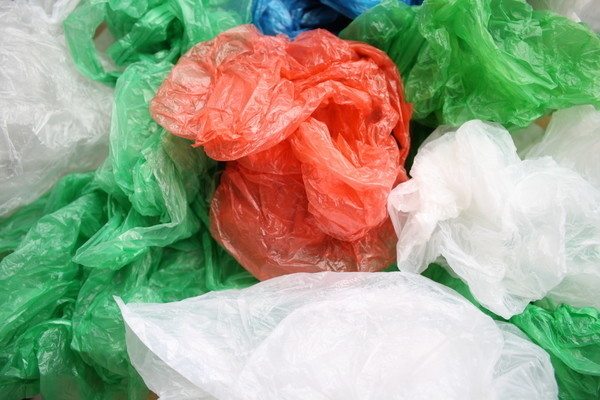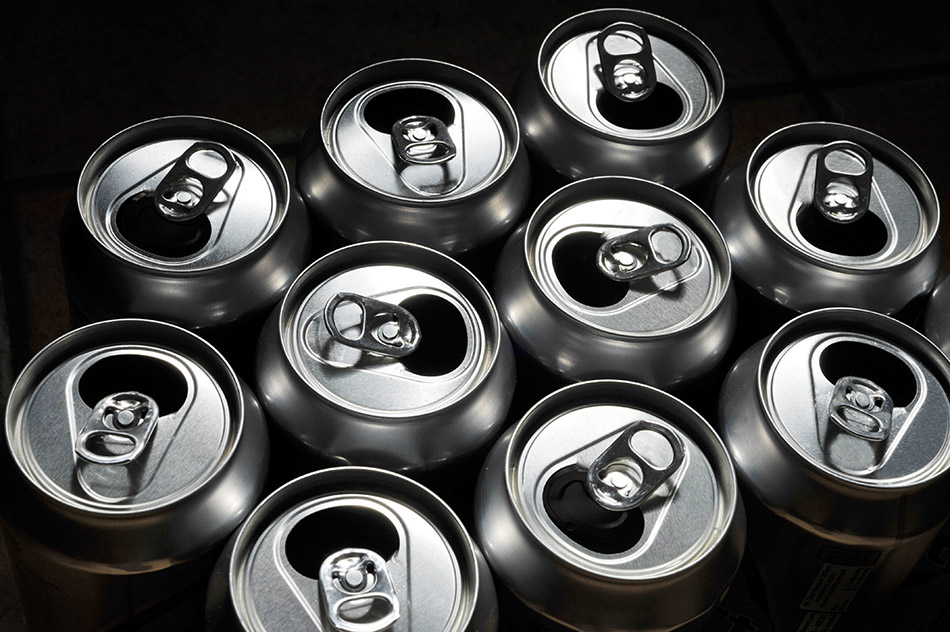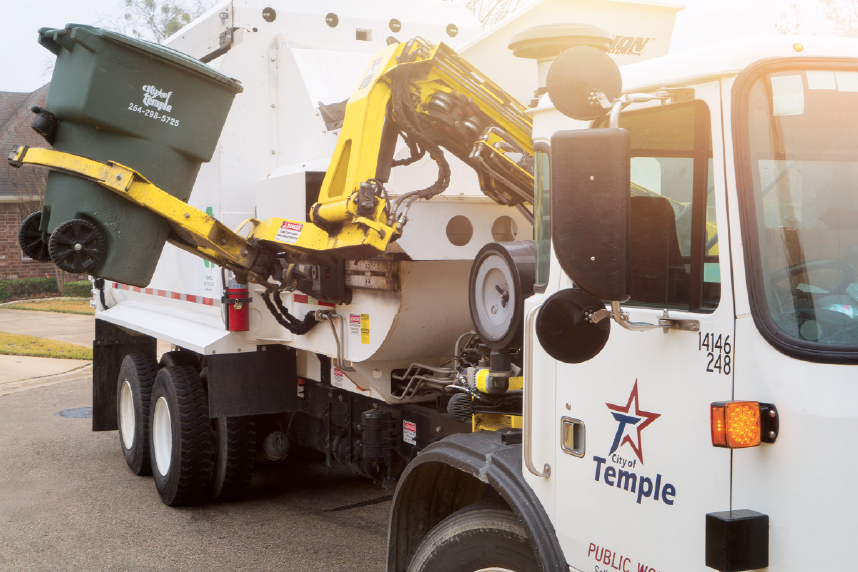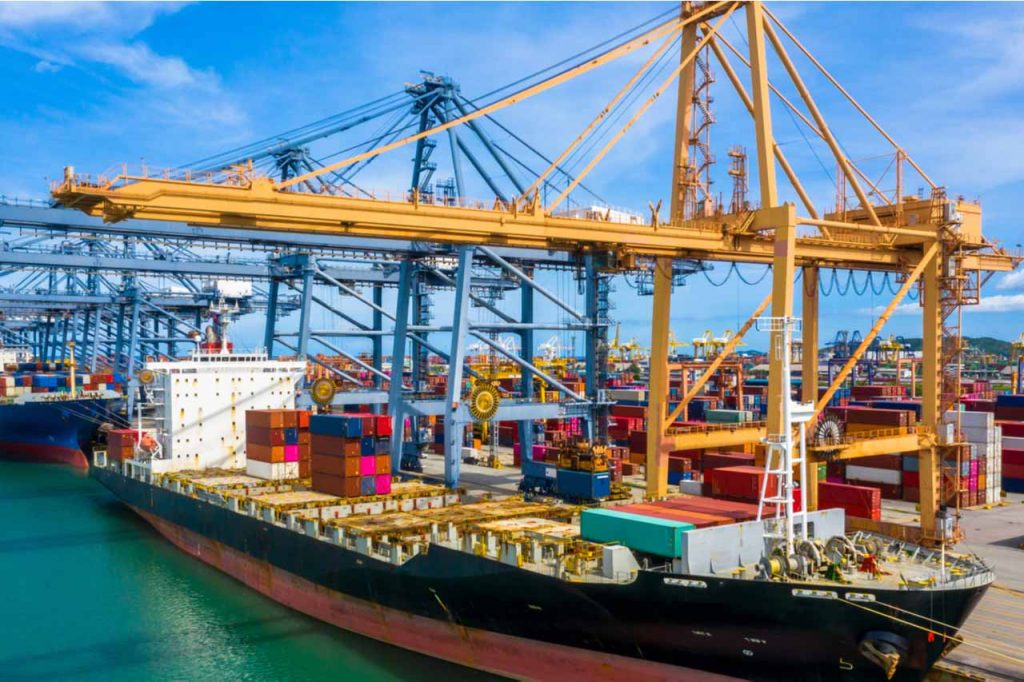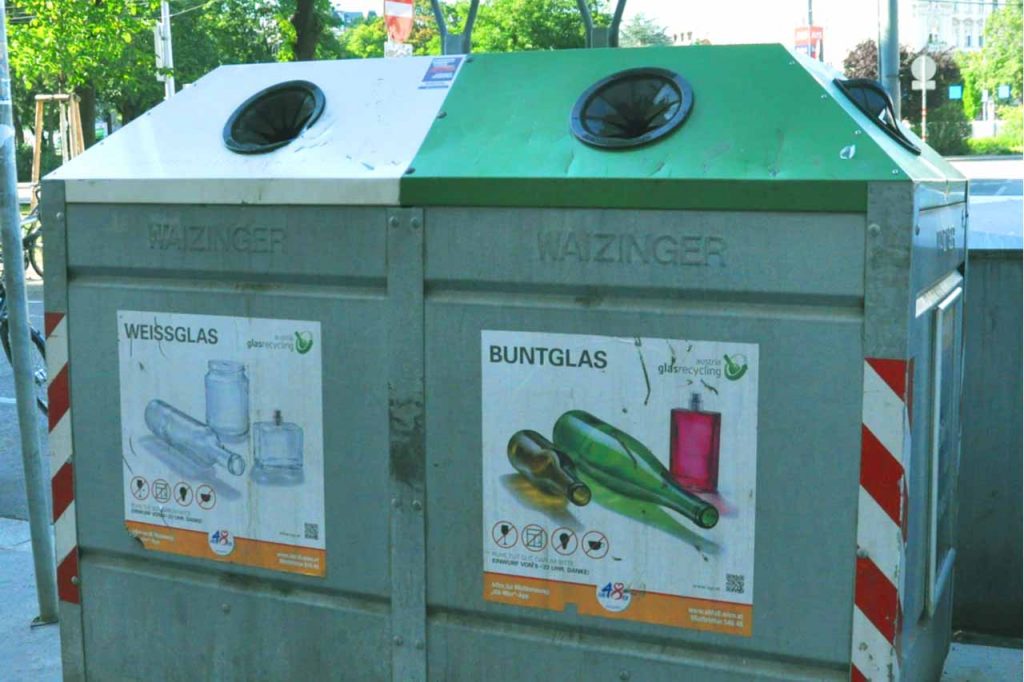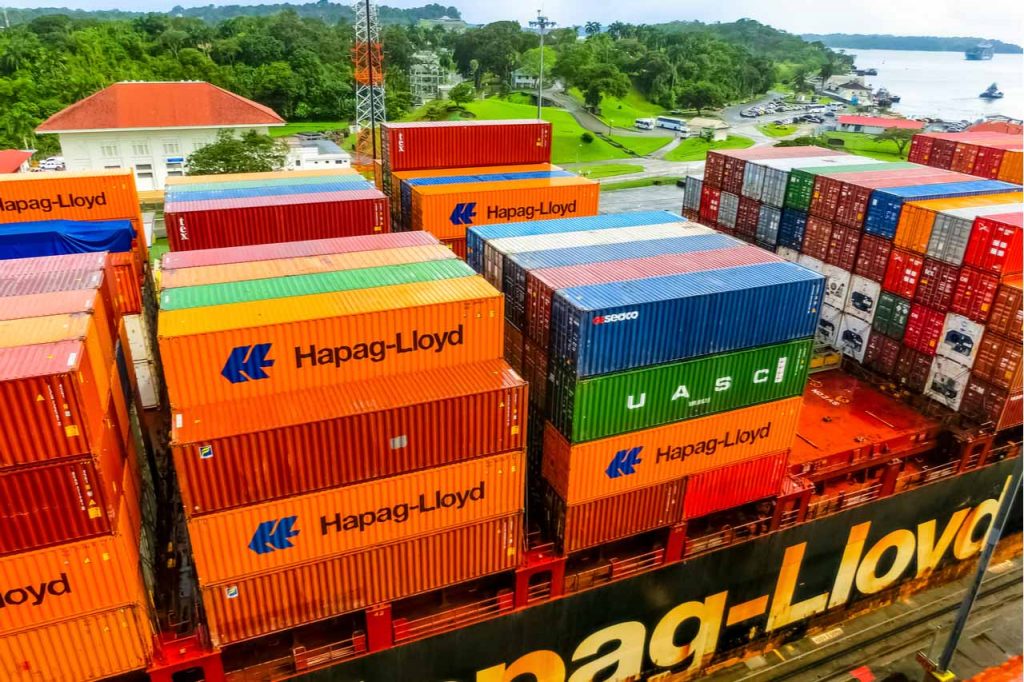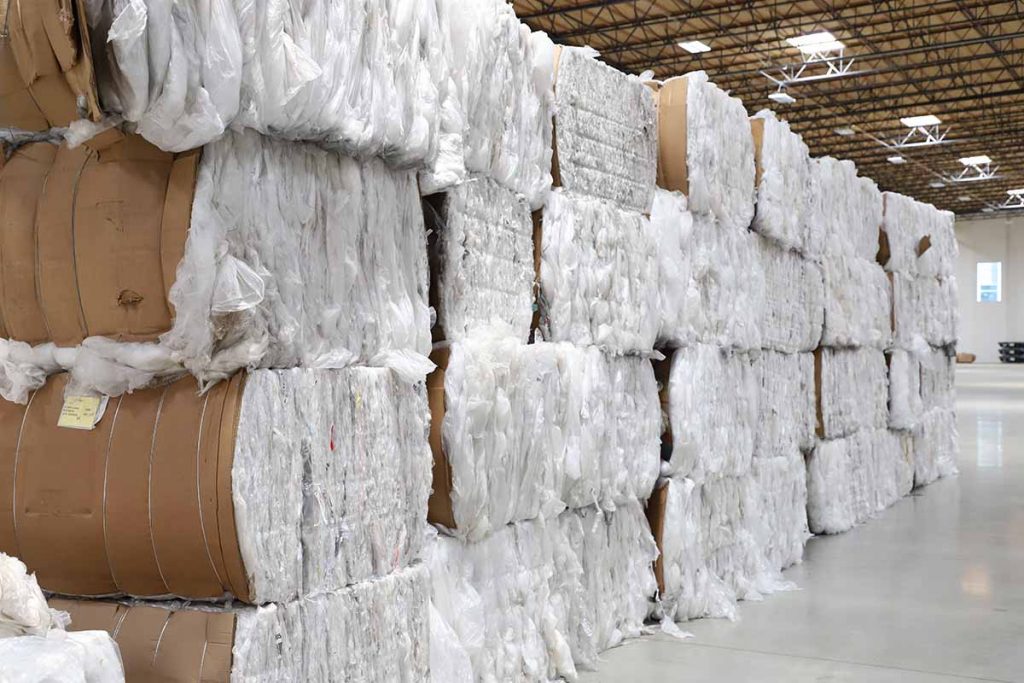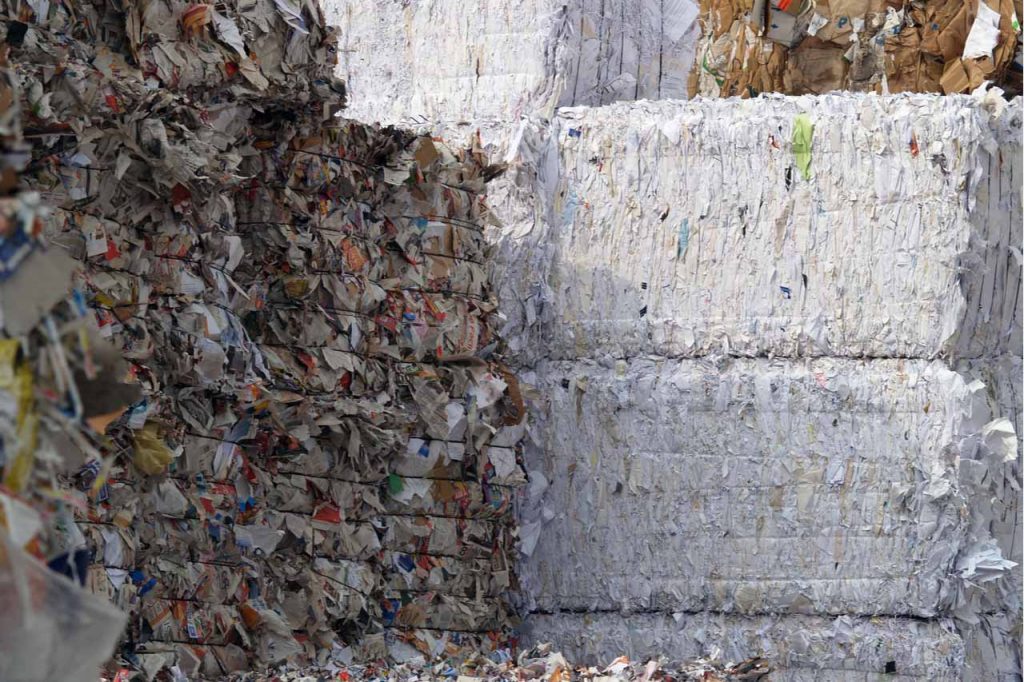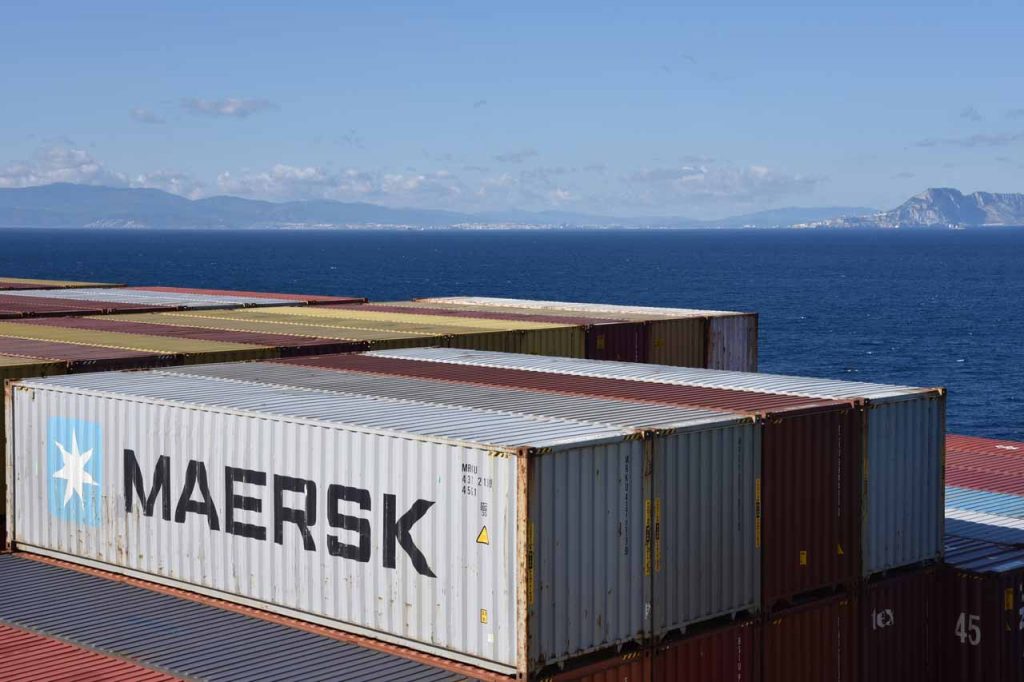
Shipping giant Maersk announced as of Sept. 1, 2020 it will no longer take scrap material shipments to China. | Mariusz Bugno/Shutterstock
Citing China’s upcoming legislation that will ban all “solid waste” imports, APM-Maersk this month announced it will stop shipping virtually all recovered materials to China and Hong Kong in the coming weeks.


 Colin Staub was a reporter and associate editor at Resource Recycling until August 2025.
Colin Staub was a reporter and associate editor at Resource Recycling until August 2025.